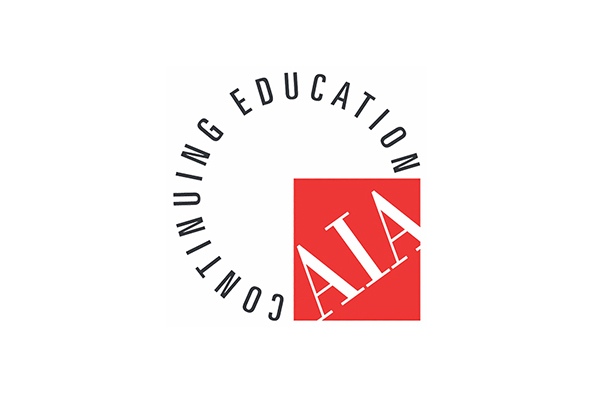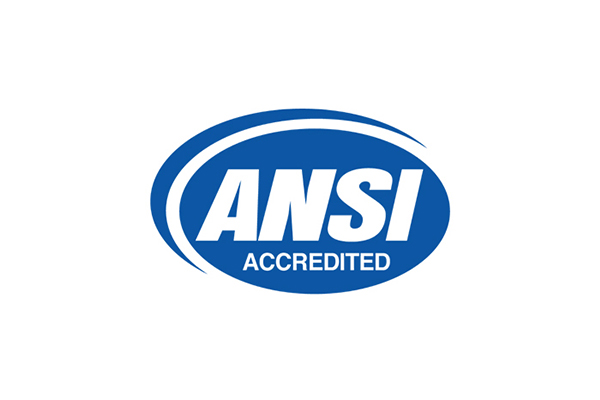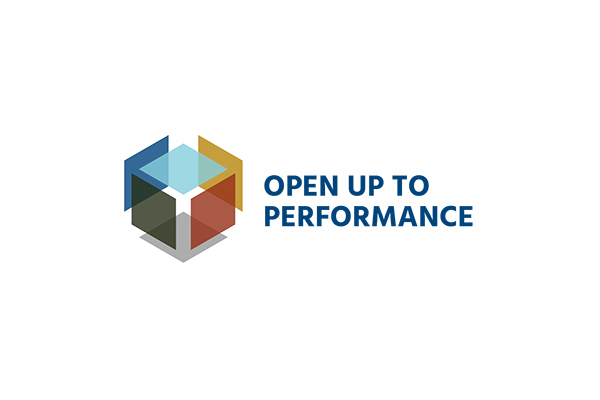
      
Hear top-rated presentations from accomplished experts and leave with broadened perspectives on industry advances and opportunities. You'll learn about the trends shaping the future, the construction market landscape for 2026, the impact of consolidation on the industry, and leadership lessons.
Click here for the current schedule
*Schedule is subject to change*
Wednesday, October 15
| 12:00 pm—4:30 pm |
WDMA Board of Directors Meeting (invite only) |
| 5:00 pm—6:30 pm |
Opening Reception
Ready? Set? GO! Kickoff this special 24 hours together in Boston by catching up with old friends and competitors and meeting new industry colleagues. |
Thursday, October 16
|
8:00 am
|
Breakfast
Get your day started right by fueling up for the morning sessions and saying “good morning” to old friends or finding someone new to expand your professional network. Let’s get started!
|
| 8:30 am |
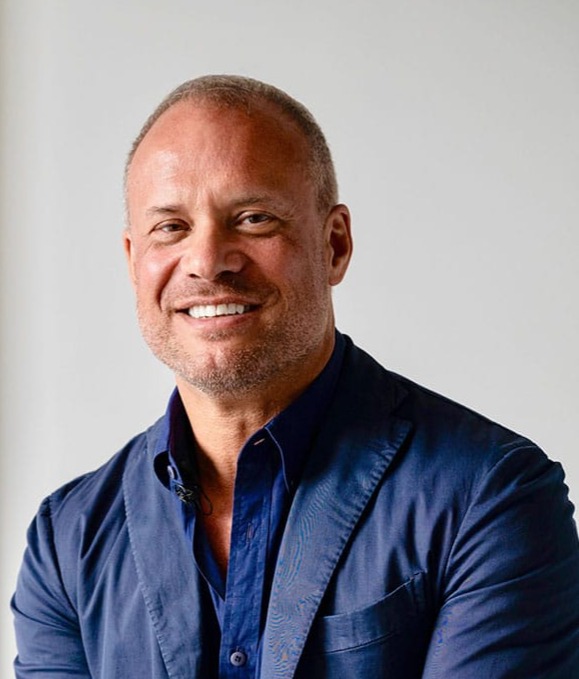
The Sustainability Shift:
Change Your Pitch, Not Your Product
David Allison, Founder, Valuegraphics
Companies espouse values to help reflect leadership principles, guide the work of employees and ensure sound decision making. A growing number of businesses are mapping their values to those of their customers. Why? David Allison offers a window into what drives people to make purchasing decisions beyond quality, value, and price. He will share insights into the values of architects, builders, and contractors that drive their buying decisions.
|
| 10:00 am |
Networking Break
Spend some time absorbing the lessons from our keynote session and chat with peers to get their take on what it means to align values with your customers.
|
| 10:30 am |

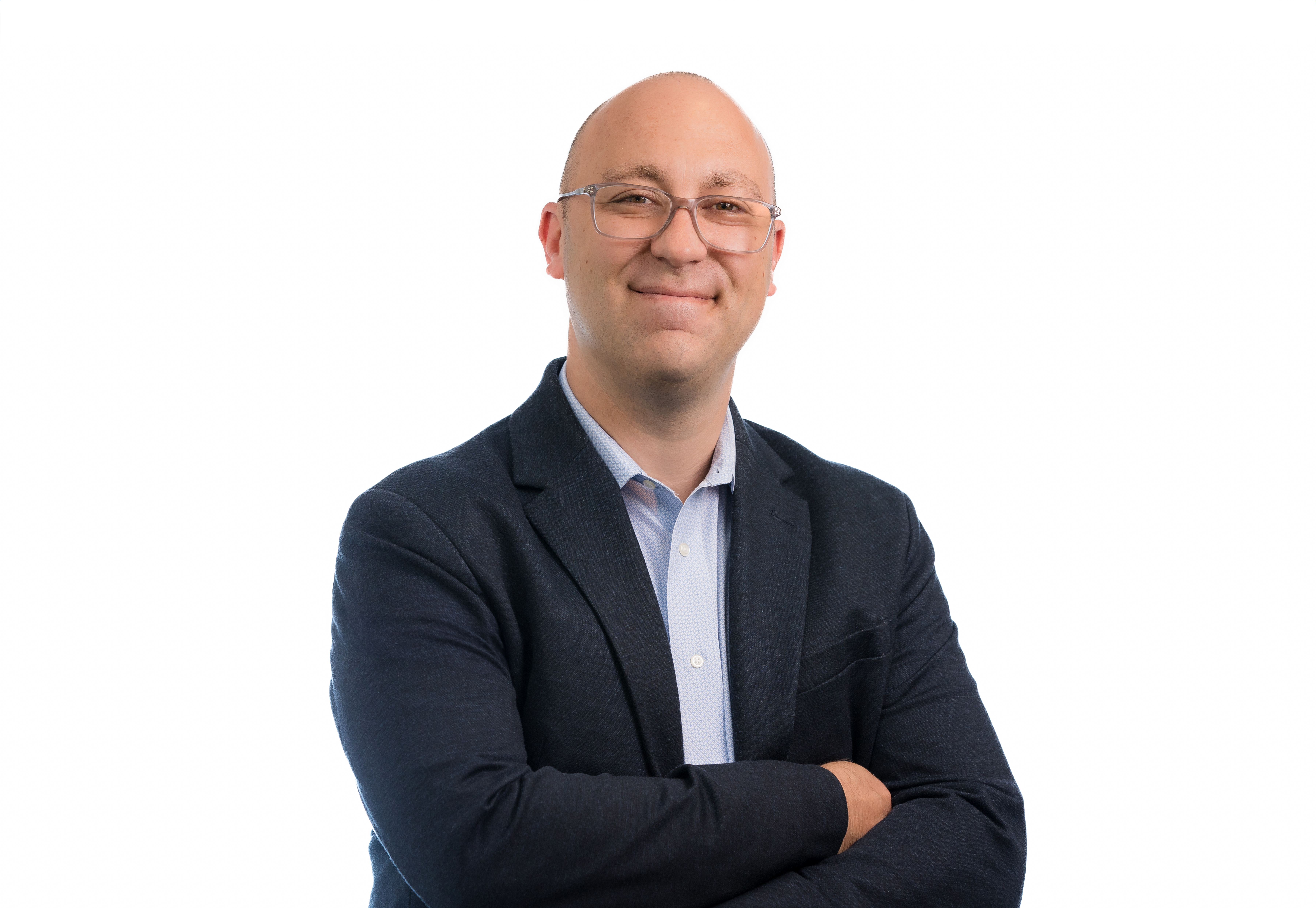 A Modern Approach to Economic and Market Forecasts A Modern Approach to Economic and Market Forecasts
Kermit Baker, Chief Economist, AIA
Todd Tomalak, Principal, Advisory of Building Products, Zonda
What happens when a sage economist and a skilled market analyst share a stage? Let’s find out!
To get to the heart of what Kermit and Todd can see for our industry in the coming year, each will each provide a “pecha kucha” style speed presentation – no more than twenty slides in less than 15 minutes. Then, WDMA President and CEO John Crosby will interrogate our guests with insightful questions and commentary. Come ready to challenge our experts with your questions.
|
| 11:30 am |
 The AI Advantage: How Window & Door CEOs The AI Advantage: How Window & Door CEOs
Will Win the Next 18 Months
Stefanie Couch, Founder, Grit Blueprint
Companies that harness artificial intelligence now will capture market share, boost profits, and set performance standards their competitors can’t touch.
With more than a decade in the fenestration industry, Stefanie Couch has built a practice of leveraging technology to grow building product sales. She will show you how to cut through the hype of AI and focus on outcomes-based utilization to boost sales, expand market share, and modernize go-to-market strategies. Gain perspective on making choices that deliver results—from revenue growth and market expansion to margin protection and operational efficiency.
|
| 12:30 pm |
Networking Lunch
Enjoy a healthy, energizing lunch that will keep your focus and attention going for the afternoon. Make the choice to sit next to someone you haven’t met. Take a deep breath and appreciate the unique nature of this special event.
|
| 1:15 pm |
 The Architect's View on The Architect's View on
Building Performance Imperatives
Corey Squire, AIA, Sustainability Director, Bora Architecture & Interiors
Drawing from his book People, Planet, Design: A Practical Guide to Realizing Architecture’s Potential, Corey will unpack his framework of ten building systems that embody design excellence, with a specific focus on the role of windows, doors, and skylights. He’ll frame these elements not as checkboxes, but as critical contributors to buildings that shelter us while connecting us to well-being, daylight, views, and indoor air quality—ultimately advancing human and planetary health. Don’t miss this opportunity to learn how sustainability can move beyond talk and metrics and deliver strategic design that creates lasting value.
|
| 2:15 pm |
CEO Roundtable
The CEO Roundtable is a cornerstone of the WDMA Executive Management Conference, bringing together top leaders in the window, door, and skylight industry for candid, forward-thinking dialogue about the issues and trends shaping our industry. Year after year, CEOs describe this roundtable session as one of the most valuable and impactful gatherings they attend each year.
This year, CEOs will be asked to reflect on the topics from the day’s programming and also help define WDMA’s strategic direction for 2026 and beyond.
|
| 3:45 pm |
Adjourn |
|












 A Modern Approach to Economic and Market Forecasts
A Modern Approach to Economic and Market Forecasts The AI Advantage: How Window & Door CEOs
The AI Advantage: How Window & Door CEOs The Architect's View on
The Architect's View on 